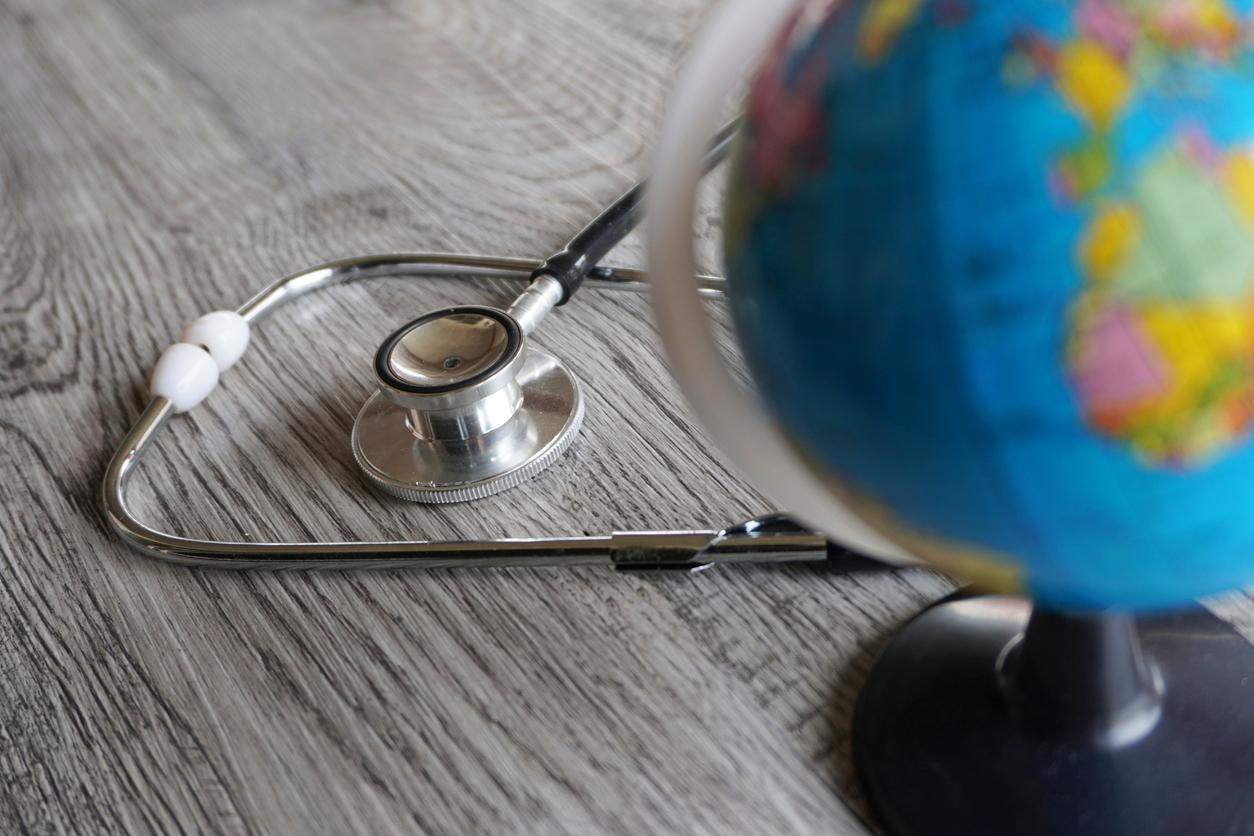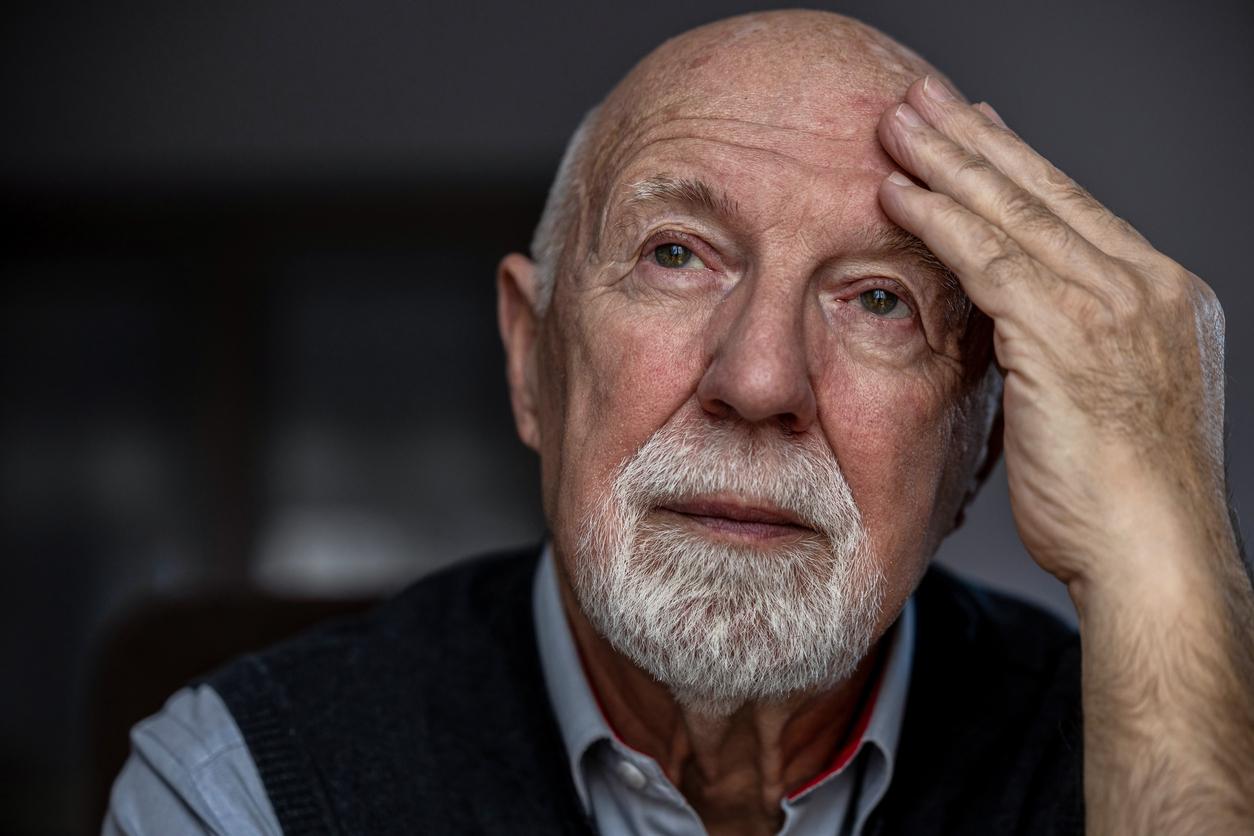For health, the future head of state will have to prioritize prevention, food and the environment, according to the French.

When asked about their concerns, the French put health first, ahead of employment, security or their financial situation. And this expectation is no longer limited to care: prevention has become an essential element for them. Less than a week before the second round of the presidential election, a BVA barometer produced for the April Foundation reveals the points on which they would like to see their future President of the Republic act.
It is in priority on junk food that the French believe that it is possible to intervene, especially since it is one of the health factors most easily controlled.
They are indeed 53% to cite the improvement of food as a lever of prevention, and more than one in four (27%) to consider that it should be the priority. The policies implemented since the beginning of the 2000s, and in particular the National Health Nutrition Program, therefore seem to be bearing fruit.
Pollution and endocrine disruptors
Environmental preservation comes second. Almost a third of those polled believe that the next President of the Republic should act on air quality, endocrine disruptors, or even on electromagnetic waves. Respondents living in the Paris region are even more convinced of this (38%).
The campaign of the first round of the presidential elections, during which several candidates, and in particular Benoît Hamon, had insisted on these points, seems to have left some ideas.
Then comes the reduction of addictions – except, surprisingly, in people suffering from serious or chronic illnesses, who are only 18% to consider it important -, then screening.
The general practitioner, privileged interlocutor
Prevention therefore takes an important place in health management, and it is not surprisingly towards children that the French believe that it is essential to focus the prevention effort. For 63% of them, it is by teaching them good health practices that good behavior will be best respected. On the other hand, students are cited by only 24% of those questioned, although this population is particularly exposed, combining risky eating and addictive behaviors (alcohol, tobacco).
And to carry out the preventive effort, the general practitioner is again acclaimed. The pillar of the health system for the French must, for 55% of them, and even for two thirds of people with chronic or serious diseases, take over from health policies. And this, far ahead of parents (40%), school (28%), and even public health services such as Health Insurance and the Ministry of Health (24%).
.

















